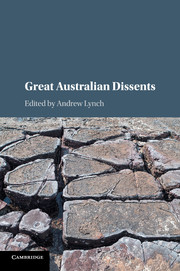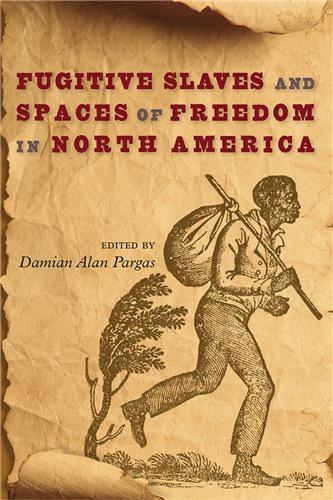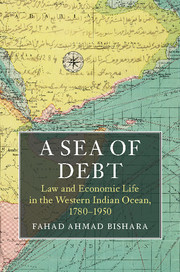Jennifer Pitts, University of Chicago, has published Boundaries of the International: Law and Empire with Harvard University Press. From the publisher:
It is commonly believed that international law originated in relations among European states that respected one another as free and equal. In fact, as Jennifer Pitts shows, international law was forged at least as much through Europeans’ domineering relations with non-European states and empires, leaving a legacy still visible in the unequal structures of today’s international order.
Pitts focuses on the eighteenth and nineteenth centuries, the great age of imperial expansion, as European intellectuals and administrators worked to establish and justify laws to govern emerging relationships with non-Europeans. Relying on military and commercial dominance, European powers dictated their own terms on the basis of their own norms and interests. Despite claims that the law of nations was a universal system rooted in the values of equality and reciprocity, the laws that came to govern the world were parochial and deeply entangled in imperialism. Legal authorities, including Emer de Vattel, John Westlake, and Henry Wheaton, were key figures in these developments. But ordinary diplomats, colonial administrators, and journalists played their part too, as did some of the greatest political thinkers of the time, among them Montesquieu and John Stuart Mill.
Against this growing consensus, however, dissident voices as prominent as Edmund Burke insisted that European states had extensive legal obligations abroad that ought not to be ignored. These critics, Pitts shows, provide valuable resources for scrutiny of the political, economic, and legal inequalities that continue to afflict global affairs.Praise for the book:
“Illuminat[es] the ways in which international law was an artifact of empire, a system for organizing the world so as to perpetuate Western dominance.”- G. John Ikenberry
“In this masterful study, Jennifer Pitts examines universalist claims about the law of nations alongside rising European global power, uncovering a set of linked contradictions within eighteenth- and nineteenth-century political thought. A tour de force of interpretation and historical analysis, this subtle and persuasive book places the problem of empire at the very center of the history of international law—where it will now surely stay.” - Lauren Benton
“An outstanding history of international law and its entanglement with empire from one of the leading historians of political thought in the world today.” - Andrew Fitzmaurice
“Boundaries of the International adds much nuance to existing literature, and challenges some of the past analytics through which the history of international legal thought has been written. A first-class book by a recognized leader in the field of history of international political and legal thought.” - Martti Koskenniemi
Further information is available here.














